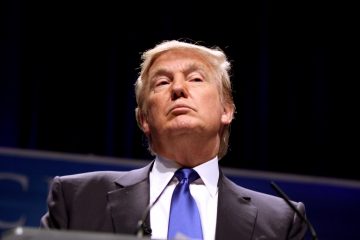
Trump has compromised climate security strategies
Much has been said about the global environmental, economic and leadership consequences of United States President Donald Trump’s decision to withdraw from the Paris climate agreement but there is also a national security dimension. Trump’s decision ignores an important development in global security centred on climate change. The US had been in a prime position to link climate to international security which, rightly or wrongly, could be leveraged for foreign policy in pursuit of climate security. The US has been a leader in climate security, an approach rivalling climate justice reasoning in climate politics. For much of the history of international climate politics, there has been a dominant discourse of climate justice. Early environmental conferences focused on planetary justice and …
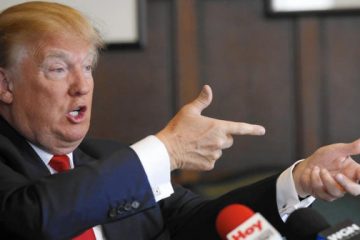
Even more unpredictable: Trump’s U-turn on Syria
“When you kill innocent children – innocent babies – babies – little babies with a chemical gas that is so lethal, people were shocked to hear what gas it was, that crosses many, many lines. Beyond a red line, many, many lines,” Trump said when asked about Tuesday’s chemical weapons attack in Syria that killed some 80 civilians and injured many more. Thursday night he swiftly followed through with his remarks, launching missile strikes on Shayrat airfield in Syria, where the attack is suspected to have originated. Commentators have been quick to point out Trump’s remarkable U-turn on Syria. From his ‘America First’ rhetoric, to his cosying up to Putin and repeated statements that he thinks ‘many very bad things …
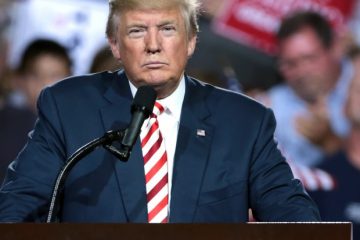
Kompromat or not, Russia already has a winner in Trump
By all accounts the relationship between President Donald Trump and the Kremlin holds the makings of a dark, Hollywood thriller. Trump is a US President at war with his own intelligence agencies, whilst denying – only to later admit – Russian interference in the election. Freshly inaugurated, he already faces comparisons to a modern-day Manchurian Candidate, referring to the 1959 novel about a brainwashed president controlled by sinister, external forces. But how fair is this? And do we really know what the Russians are up to? As a political scientist, my research examines the tools of contemporary warfare and influence used by the Kremlin. Thus far I have identified over 40 tools of Russian state power, military and non-military. The …

How voter turnout could put Trump in the White House
I recently spent a month travelling in the US and the word on the street is that Donald Trump could be the next president. Before the EU referendum earlier this year, I wrote about public opinion in the UK. At the time, most political pundits were predicting a remain result but there was a noticeable public sentiment to leave. Something similar is happening in the lead up to the US presidential election. While many political commentators still find it difficult to accept that Trump is a contender, many of the people whom I met on my road trip expect him to win. Of course, given voting is not compulsory in the US, voter turnout will have a big influence on the result. …
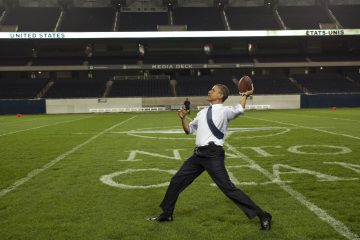
Primaries as Sports and Spectacle: Sports Metaphors in Twenty-First Century Presidential Primary Debates
‘The Brawl Begins’, an article about the 2016 primaries in The Economist provides the most overt manifestation of how a discourse of sports has permeated contemporary political reporting. Describing elections as a “jaw-dropping spectacle” or referring to the Iowa caucuses as the “opening round” in a political boxing match, a prime example of horse-race journalism, is particularly prevalent in presidential primary elections. This is due to the lengthening of the primary period and the truism that the “newsworthiness of what a candidate says about public policies is limited” because “once a candidate makes known his position on an issue, further statements concerning that issue decline in news value”.[1] In these elections, televised debates – which Craig Allen Smith compares to the Super Bowl, …
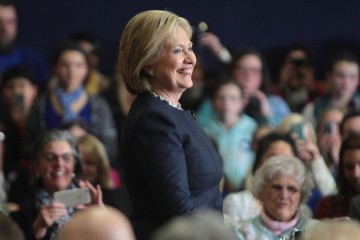
Clinton v. Trump: How Hillary Wins the Narrative Game
In the likely event that Hillary Clinton secures the Democratic nomination by the end of May or early June, the task of uniting the party behind her will be much less onerous than that of whoever emerges from the GOP field. For Republicans, a ‘brokered’ convention looms on the horizon. And, given the severely fractured status of the conservative movement in America, it will be hard for any candidate—Trump or otherwise—to appeal to a national constituency that seems to lack any consensus on what it means to even be “conservative.” Secretary Clinton, on the other hand, would have the time and resources to bring unity to her platform and to her party following what has been an impressive challenge by Vermont Senator Bernie Sanders.

A citizen’s income and wealth fund for the UK: Lessons from Alaska
The idea of a ‘citizen’s income’ has made a real splash on the UK political agenda. The new year started with the Green party announcing a universal, non-means tested weekly payment of £72 to every British adult as its flagship economic policy, only to drop it this week from the party election manifesto after the programme’s costing failed to withstand rigorous scrutiny. Despite this step back, the citizen’s income idea may still feature in the election debate, given calls late last year by key Liberal Democrats for a universal basic income to become official party policy. And while the Greens have distanced themselves from the policy for the duration of the election, Green MP Caroline Lucas has identified the scheme as a long-term …
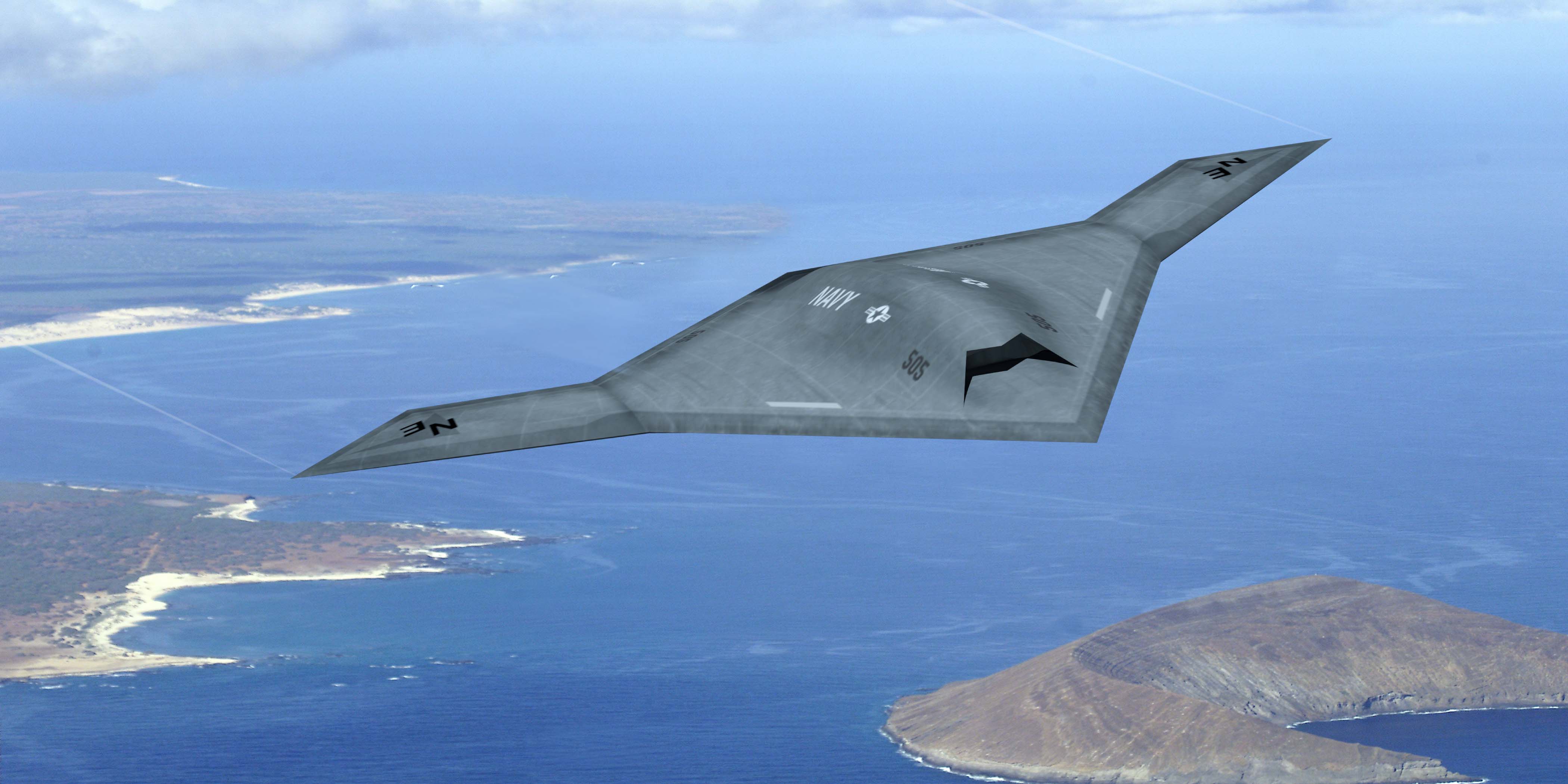
The “Aresian Risk” of Unmanned Maritime Systems
We are about to experience a substantial influx of unmanned systems into the maritime military services. On 17 December 2013, the Royal Navy launched a Boeing ScanEagle unmanned aerial system from the Royal Fleet Auxiliary Cardigan Bay, a first for the RN in an operational theatre. This places the Royal Navy alongside the British Army and Royal Air Force in demonstrated drone capability; the latter service has been operating surveillance drones in Afghanistan for years. Since 2012, ScanEagle systems have been in regular use by the Royal Canadian Navy. In May 2013, the Royal Australian Navy announced it would invest up to $3 billion on Northrop Grumman’s new MQ-4C Triton unmanned maritime patrol aircraft. Additionally, the latest Fire Scouts are coming online, Northrop Grumman’s MQ-8C, following its predecessor whose service in the U.S. Navy is now routine. A recent expansion of the Naval Research Laboratory in Washington, D.C., included the opening of a Laboratory for Autonomous Systems Research. The U.S. Navy announced it would introduce mine-hunting surface units by 2017, and it will not be too long before General Dynamics’ Unmanned Undersea Vehicle program produces workable unmanned submarines. Most dramatically, on 10 July 2013, Northrop Grumman’s X-47B fighter drone successfully landed on board the USS George H. W. Bush (CVN-77).
Technological revolutions in warfare, whether bow and arrow, gunpowder, or unmanned systems, inevitably bring about a period of tumult and reshuffling. If we are lucky, such upheaval also brings systematic self-reflection. What changes might this newest revolution in maritime technology bring about?









